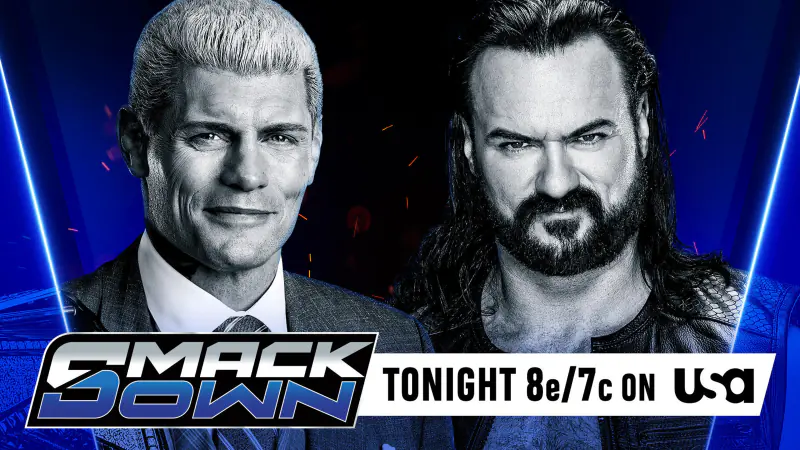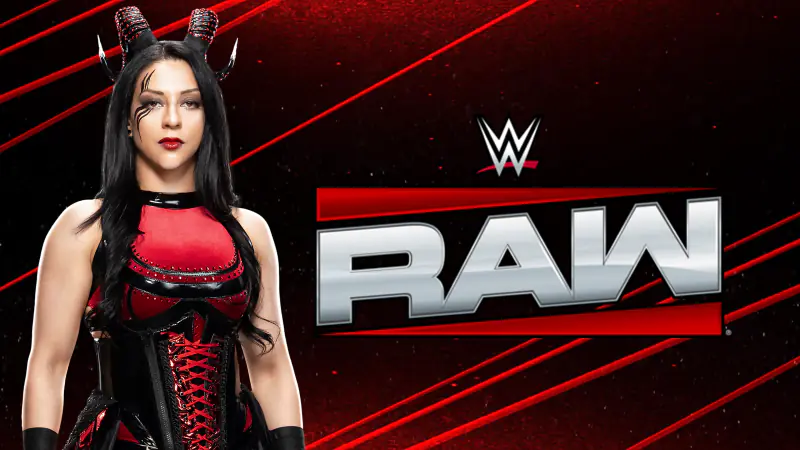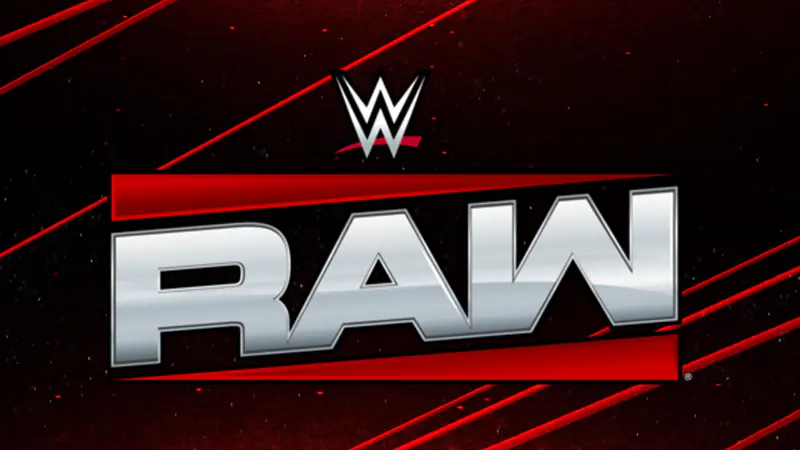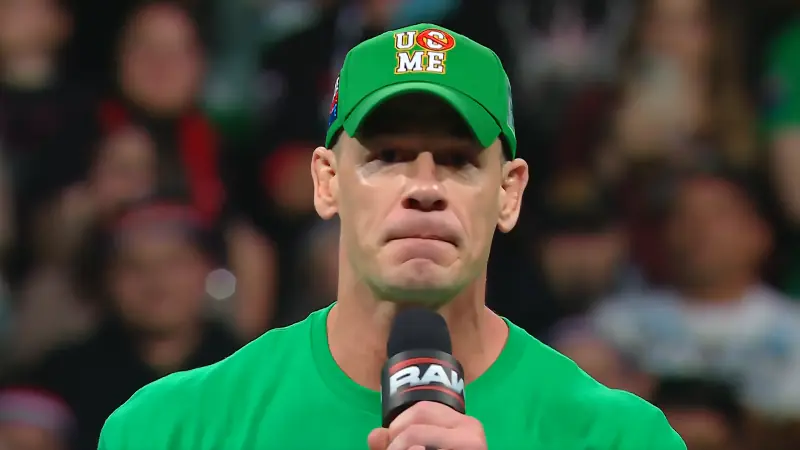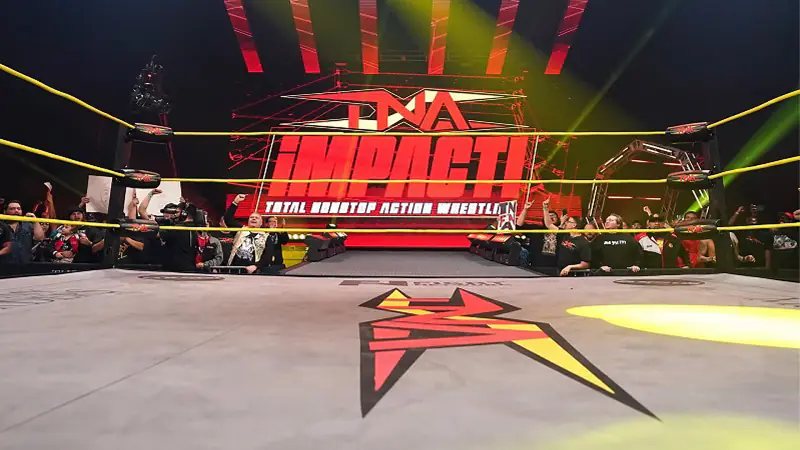Report: WWE’s New One-Year Non-Compete Clause Sending Shockwaves Through Wrestling

WWE’s talent contracts have reportedly undergone a massive shake-up — one that could reshape how wrestlers handle releases, free agency, and rival promotions moving forward.
According to Bryan Alvarez of the Wrestling Observer, WWE’s parent company TKO Group Holdings has implemented a standardized one-year non-compete clause in its new talent agreements. The rule applies to any wrestler who is fired for cause or found in breach of contract — a major departure from WWE’s long-standing 90-day policy.
Alvarez explained, “We have it confirmed through multiple sources that the new TKO contracts have a clause where if you are fired, there is a one-year non-compete. The older contracts had this, but it’s standard now. This is the hold-up involving Andrade. Very skeptical this would hold up in a legal battle, but it’s in the contracts.”
Further details on what we reported earlier on Wrestling.news—That revelation shines a light on Andrade El Idolo’s puzzling absence from AEW television, despite his surprise return on the October 1 episode of Dynamite. Sources indicate that WWE issued a cease-and-desist order to AEW shortly after his appearance, claiming Andrade was still bound by a one-year non-compete clause following his WWE release.
Reports have circulated that Andrade’s WWE departure stemmed from multiple Wellness Policy violations, which, if accurate, would classify his exit as a “for cause” firing — thus activating the extended non-compete restriction. If enforced, Andrade could be sidelined until late 2026, despite his contract with WWE being terminated earlier this year.
Additional insights from PWInsider Elite and Fightful Select note that Andrade is not being paid during his non-compete period — a detail that could lead to a potential legal challenge.
Former WWE producer Lance Storm also confirmed to Alvarez that this clause isn’t entirely new, stating that a similar term existed when he rejoined WWE in 2019:
“It was in contracts before TKO. When I went back in 2019, there was a ‘fired with cause, one-year no-compete.’ When I asked about it, [John Laurinaitis] said, ‘That’s standard now, but it only applies if you’re fired for cause or breach.’ Since I’m the last guy to worry about that, I just said, ‘Okay, whatever.’”
The intent behind the clause appears to be protective rather than punitive — a way to prevent wrestlers from intentionally violating contracts just to sign with AEW or other promotions days later. Still, the optics aren’t great for WWE, especially as this new enforcement era under TKO raises questions about worker freedom and post-contract mobility.
For comparison, AEW does not appear to enforce similar restrictions. CM Punk, for example, was terminated by AEW “for cause” following his altercation with Jack Perry at All In: London in 2023 — yet reappeared in WWE just months later at Survivor Series: WarGames.
At this time, neither WWE, TKO Group, nor AEW have issued public statements regarding the Andrade situation or the new contract structure. But the message behind these clauses is clear: under TKO, WWE is tightening its legal grip on how and when talent can re-enter the wrestling marketplace.
Wrestling.news | Backstage Take
The new one-year non-compete clause could mark one of the most significant behind-the-scenes shifts in WWE’s modern era. While it gives TKO leverage over talent exits, it also raises serious questions about wrestler rights and contractual fairness. If Andrade’s situation escalates to a legal fight — which seems likely — it could set a precedent affecting how all future WWE releases are handled.
From a business standpoint, WWE wants to protect its brand and prevent rivals from benefitting instantly off its former stars. But for the performers, this could mean losing a year of career momentum — and that’s a heavy price to pay in an industry where visibility means everything.





